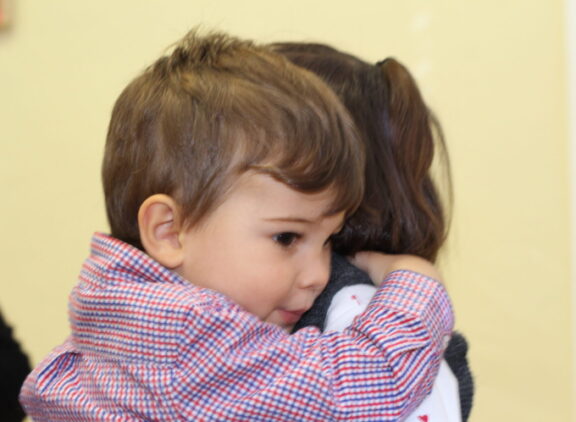Friendship is an affective relationship between two or more people, a necessary social boundary for the development of the human being. You can´t choose your family but you can select your friends. From childhood, a person can learn to develop social skills to connect with others, learn to trust o reject and integrate into groups that help us to achieve our goals. In school, friends are vital, they help other children to grow emotionally and morally and teach them how to communicate, cooperate, integrate into group activities, solve problems and face difficult situations.
PARENTS AS GUIDES. To establish good relations of friendship a person must learn to do it. Parents are important role models, therefore, their task is to give their children the necessary guidance. The basic thing is to teach the child to love and accept himself. Parents can´t make friends for their children but their support gives the impulse to them to meet new people and make friends. Parents can also teach their kids to talk to others, tell stories, cooperate or ask for something. As more social interaction, parents make the child internalizes values such as patience, respect, and tolerance. The opportunities parents have for their children to begin to make friends are many: invite other kids to play in the house; talk to other parents to meet in a park or an open space (it depends on the age of the children) or; let children participate in sports teams, music classes or others. CLEAR RULES CREATE AN APPROPRIATE BEHAVIOR. Friendship is not a plant that grows wildly and without care. In any social group, there are rules for appropriate behavior that help to get better interaction. The family is responsible for setting those rules at home and even the child may be involved in this pact, so he will be more likely to follow them. If children learn at home how to handle different situations, they will be able to do the same outside with their peers. Communication is the best tool you can teach your children. Spend some time every day talking to your child, knowing his feelings or things that may have happened during his time out of the home. Try to listen and discover every little detail that may be a clue about how he is coping with the challenges. It is also important that kids learn to see others´ points of view and respect them.
NEGATIVE FEELINGS. All relationships have problems and misunderstandings and many of them may end up in fights and arguments, even in the case of children. It is so important to teach them how to manage their negative feelings and solve problems in getting along with others. The first step in case of trouble is listening to the arguments of your child to identify any negative situation. Sometimes simply a child refuses another by resistance to change or to invest time in learning something new. In that case, talk about the real feelings and reasons your child has about a person who dislikes him and also explore the solutions together. In any case, it is best not to force uncomfortable situations or put pressure on your son to make a friendship that he really does not want.
CLOSE RATHER THAN MANY. Perhaps, a few friends but good are better than many. Consider that maybe your child has a different social style than you have. Some children like quiet activities with little company in a silent and peaceful atmosphere, while others prefer large groups. If you think your child has few friends, consider it again, each person is different. Only turn on the alarm if the solitary behavior is made permanent and you notice aggressive attitudes in addition.
SKILLS TO MAKE FRIENDS. It can be a long process to make good friends, It takes time and dedication. However, there are skills that everybody may develop and maintain during adulthood. As parents, we can help children develop this capacity. You can teach your children to act calmed and moderated, waiting for the best moment to do something; to have assertiveness or being able to say what they would like without aggression; to be kind and able to cooperate and share; to communicate, that is talking and listening to others, keeping on a conversation; being able to understand what others need or want (that is also empathy); staying open to learning different ways of thinking; show compassion or understanding against potential difficulties that others have. Only daily activity improves these skills, always remember, the most important thing is for your child to learn the great value friendship represents.







No Comments Yet